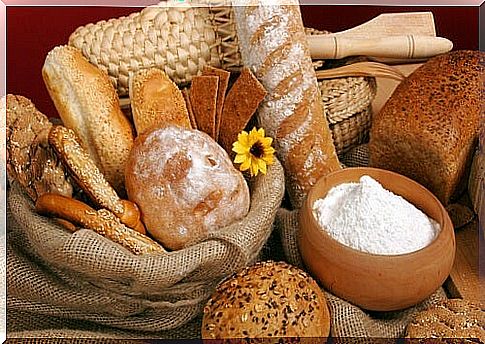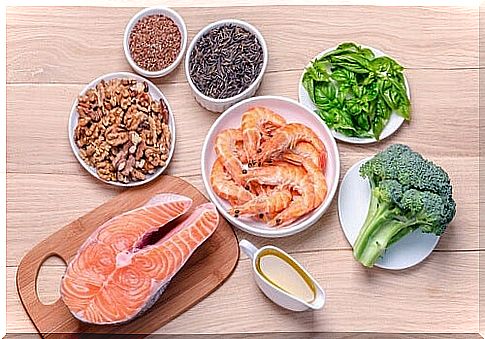5 Key Tips To Lose Weight And Not Regain It

Losing weight is something that goes beyond the physical aspect, as it has been shown that people need to balance their bodies so that they can have good health and prevent disease.
In a world as malnourished and sedentary as the one we live in, thousands of individuals need to fight day after day against overweight and obesity, conditions that are already considered diseases, due to the risk they bring with them.
Burning fat and losing weight is not something you can do overnight, and it takes a lot of effort and dedication to achieve these goals.
In addition to eliminating from the diet those foods that prevent us from losing weight, it is also important to adopt an exercise routine and other good habits, as they play an essential role in not only losing the extra pounds, but not regaining them. .
This goal is what many want to achieve, but few manage to maintain it in the long run. So today we’re going to share these five pieces of advice that can help us maintain our ideal weight forever.
1. Control your carbohydrate intake to lose weight

Carbohydrates are present, to a greater or lesser extent, in almost all foods, and it is important to moderate your intake in order to lose weight.
One way to consume only a minimal amount is using glycemic index (GI) tables, which make it easier to choose healthy foods, which helps to reduce the accumulation of fat in the body.
On the other hand, the use of these elements also helps to vary the foods, to avoid the boredom of eating the same thing over and over again.
2. Not on “miracle” diets
Lose weight in a matter of days? It may even be possible, but with a lot of suffering and effort. The problem is that popular “miracle diets” have several risks and, in most cases, only give temporary results.
This type of eating plan can cause the famous rebound effect, as it does not meet the nutritional requirements the body needs to work without having problems.
Thus, once the days established for the diet are over, it is likely that the feeling of anxiety will predominate, and will lead us to ingest a lot of calories again, regaining the lost weight.
For this reason, the best option is to lose weight with patience, by adopting such a balanced and healthy diet. for example, the Mediterranean diet.
3. Eat more healthy fats

Many people think that, in order to achieve the goal of losing weight, it is necessary to completely eliminate fats from the diet due to the high number of calories they usually contain.
However, it is important to know that just as there are unhealthy fats such as saturated and trans fats, there are also essential fatty acids that the body needs to some extent in order to function perfectly.
Thus, it is best to eliminate red meat, sausages, sweets, and all foods rich in saturated fats that “intoxicate the organism” from the diet.
Instead, it is advisable to include in the diet omega 3 fatty acids, present in foods such as olive oil, blue fish and seeds.
4. Exercise every day
Don’t have time to go to the gym? Know that this is no excuse for not exercising every day, as you just go for a walk for 30 minutes, or choose another type of activity you prefer, to get the benefits of this very good habit.
Physical activity improves heart rate, speeds up metabolism, and is the most effective way to reduce body fat while gaining muscle mass.
5. Have a good breakfast

The rush with which we do things in the morning, the laziness of cooking so early and many other reasons could be the perfect excuse not to have a healthy breakfast.
What few people know is that this meal is probably the most important for us to have a healthy weight and a better physical performance throughout the day.
That’s why it’s critical to break the terrible habit of just having coffee or tea, and give yourself time to prepare and enjoy a full breakfast.
Ideally, this first meal of the day should include:
- Calories: between 20% and 25% of the total daily intake
- Carbohydrates: between 50% and 60% of total breakfast calories.
- Proteins: high quality such as those offered by dairy products, eggs or some lean meat.
- Fats: should represent 25% of the total calories for breakfast, and can come from cereals, dairy products or eggs.
- Vitamins and minerals: present in large amounts in fruits and vegetables, which can be ingested in their natural form or in juice form.









